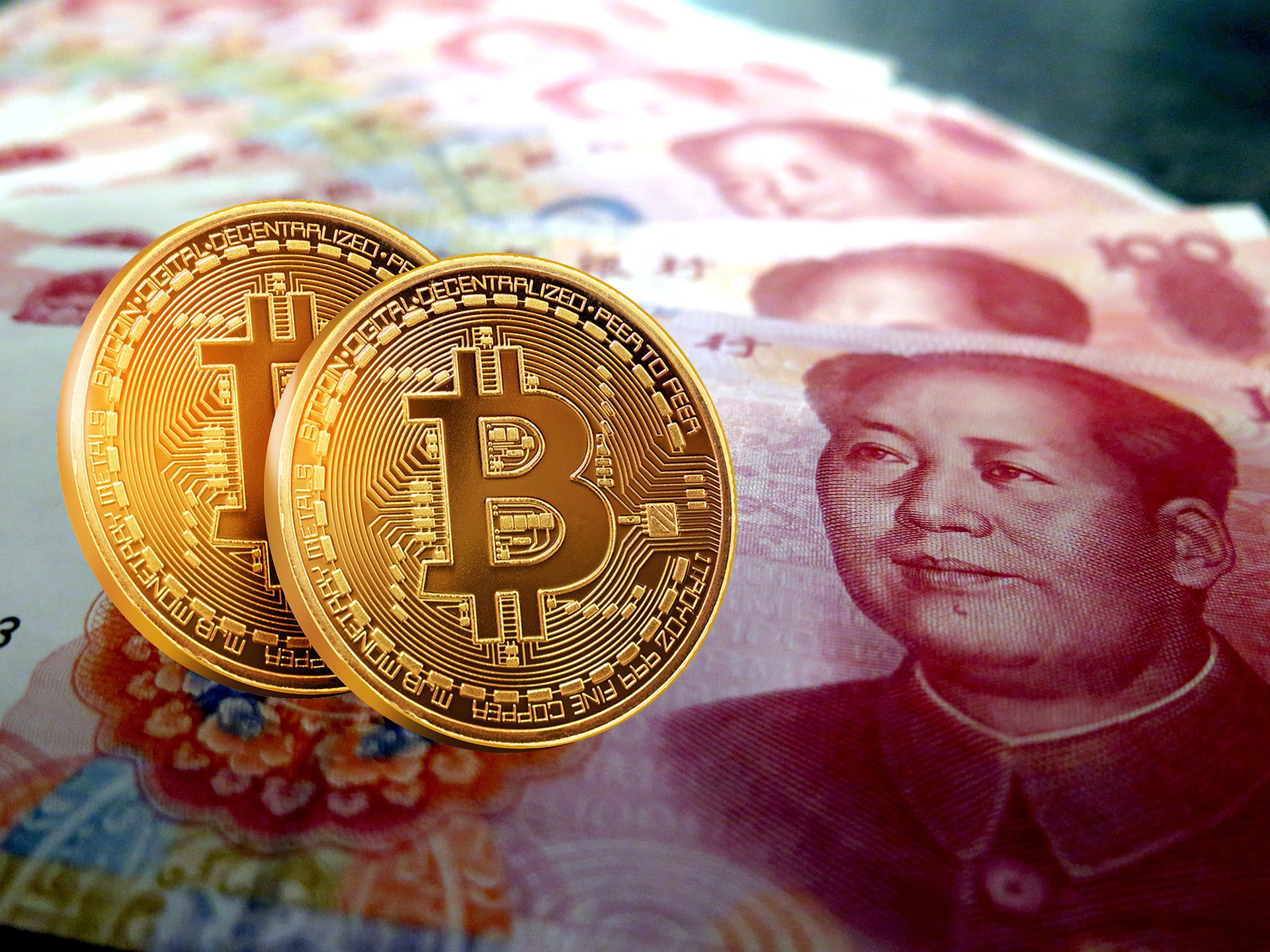
A major battle in the U.S.-China financial cold war could be fought over a decades-old currency peg.
Money is whatever people will use to swap, store, and measure value. Since 1846, Hong Kong residents have relied on notes issued by
commercial banks. And for almost four decades, they have been safe in the knowledge that 78 units of the local currency would always fetch 10 U.S. dollars. That certainty has spawned a globally competitive financial center.
But change is on its way. The people of Hong Kong may be asked to try out a new kind of money. Whether they bite could decide the outcome of a great superpower rivalry.
A
digital renminbi trial will start in Hong Kong, according to China’s Commerce Ministry, which is also planning similar evaluations in Shanghai, Macau, Beijing, Tianjin, and the province of Hebei. The timelines aren’t clear, and an anonymous source cited by the official Xinhua news agency has
denied any plan to broaden the current pilot. But money makes its own path. Once the tokens appear in popular Chinese wallets like Alipay, they’re bound to get spent in Hong Kong, with
AlipayHK users hauling the sovereign coins back to mainland China.
This will be the most significant expansion anywhere of a prototype of cash that will reside entirely online. The
programmable currency borrows elements of blockchain technology and will be a part of the central bank’s base money. Unlike Bitcoin, the official digital yuan will be centralized. Making it succeed in Hong Kong, a laissez-faire economy anchored by a dollar peg will also be the most crucial test yet of China’s preparedness to challenge American hegemony over global finance.
What began as a U.S.-China standoff on trade and intellectual property has become a wide-ranging confrontation, with the Asian financial center in the thick of it. The Trump administration’s sanctions against officials for what it sees as their role in eroding the city’s autonomy have had some effect: Hong Kong Chief Executive Carrie Lam is having
trouble using her credit cards. The police chief transferred his mortgage from HSBC Holdings Plc to Bank of China (Hong Kong) Ltd. three days before he, too, ended up on the U.S. list of specially designated nationals, according to the
South China Morning Post. (The newspaper cited police public relations as saying that Commissioner Chris Tang’s “personal consumer choice” wasn’t related to the sanctions.)
A digital yuan won’t foolproof Hong Kong’s future. The financial hub gained as the West and the People’s Republic became more interdependent. Now the gateway for two-thirds of investment going into and out of China has to get ready for a reversal. The virtual token can cushion the blow, for it can prepare the path for Hong Kong to eventually ditch the dollar.
